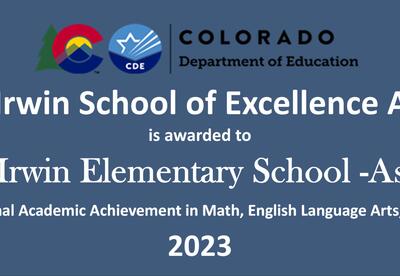Philosophy of Education
It is the vision of JVIDÊÓƵ that all students can benefit from a rigorous educational program that challenges them to achieve their academic potential. Further, students will be encouraged to recognize and value scholarship and character. We will provide an environment in which students are known, respected and valued as individuals of potential and promise. Through a sound curriculum based on the great ideas and values of our Western Heritage, students will be prepared to become active and responsible members of the community.
All children can learn when taught correctly, regardless of past history; all teachers can be successful, given effective teaching materials and presentation techniques.
This belief that “if the child hasn’t learned, the teacher hasn’t taught” is the starting point of our philosophy of instruction. How well a student does is directly related to the quality of the instruction he receives. (This means that a student cannot be successful at a certain level if he has not been brought to mastery in the previous levels. The key is that a student can learn at the level where he/she has mastery.)
JICS has always embraced a philosophy and approach of “instructivism”. It is the teacher’s job to dynamically, persistently, carefully teach so that students are efficiently learning essential knowledge and skills. The teacher is not a facilitator who observes how learning unfolds but is an instructor who forges ahead with a sense of urgency. We call this the Effective Teaching Cycle, a term used in the research literature from Dr. Lignugaris-Kraft from Utah State University. A specific group of curricula that also uses this design and approach is the Direct Instruction materials published by Science Research Associates.
The broad-brush definition of this approach is that effective teachers are able to teach more in less time. They are able to eliminate confusing wording and instructions; they promote active student involvement and engagement and they provide opportunities for a high number of correct student responses in a class period. Effective teachers teach an increment to mastery and then weave that into the larger sequence of skills and knowledge.
Key to all this is that the classroom must be a focused and positive learning environment that is structured for efficiency and respectful interactions. When students know how to successfully act in a classroom and then respond appropriately, the teacher needs to provide frequent positive feedback to students. The Effective Teaching Cycle stipulates even how much positive reinforcement should be targeted.
All JVIDÊÓƵ will “meet or exceed district standards.” If we have challenging curriculum, taught effectively, using good classroom management, we will easily meet or exceed district and state standards. In fact, history has shown we have consistently performed among the top schools in the state of Colorado.



